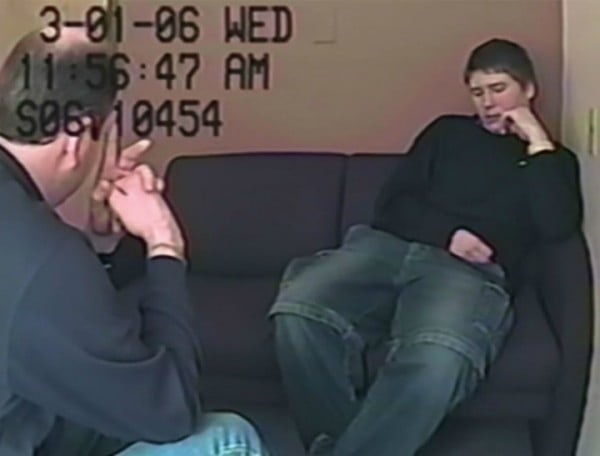
By Diane Sivasubramaniam, Swinburne University of Technology.
This article contains spoilers.
Many people have been riveted by the Netflix series Making a Murderer. One of the story’s most compelling aspects is Brendan Dassey’s confession, under interrogation, to his role in a gruesome murder.
People often take such a confession as a clear indication of the suspect’s guilt. Why would someone confess to a serious crime unless they are guilty?
Innocent people do confess to crimes they did not commit. To date, the Innocence Project has worked to exonerate 337 people in the US. In 88, or 27%, of the first 325 exonerations, the innocent suspect confessed, even providing details about the crime. But what leads innocent suspects to falsely confess to very serious crimes?
How false confessions can be coerced
Physical coercion is the most obvious factor that could lead to a false confession, but it is unlikely to be used in a modern criminal interrogation. Psychological coercion, however, is a prevalent and powerful tool. It can include telling the suspect lies about the evidence or implying to suspects that they will receive lenient treatment if they confess.
































































































